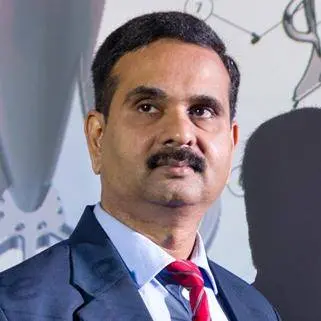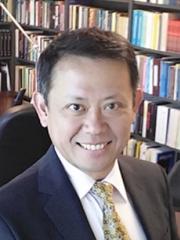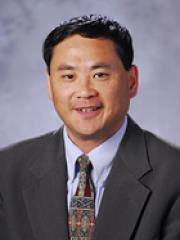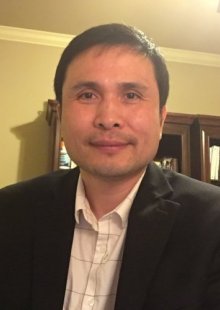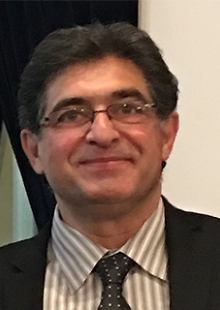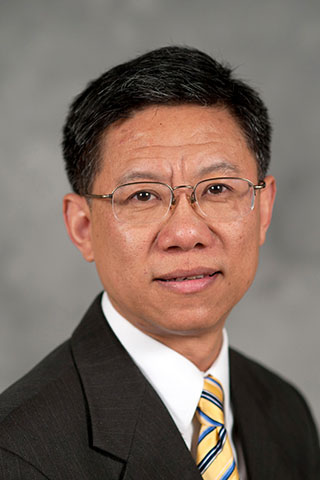Chuck Zhang is the Harold E. Smalley Professor in the H. Milton Stewart School of Industrial and Systems Engineering at Georgia Tech.
Zhang's research interests include scalable nanomanufacturing, modeling, simulation, and optimal design of advanced composite and nanomaterials manufacturing processes, multifunctional materials development, geometric dimensioning and tolerancing, and metrology. Most recently, he has initiated new research and education programs in advanced materials and manufacturing engineering for orthotics and prosthetics (O&P) applications. His research projects have been sponsored by a number of organizations, including the Air Force Office of Scientific Research, Army Research Laboratory, National Institute of Standards and Technology, National Science Foundation, Office of Naval Research, and Society of Manufacturing Engineers, as well as industrial companies such as ATK Launch Systems, Cummins, General Dynamics, GKN Aerospace Services, Lockheed Martin, and Siemens Power Generation.
Zhang received his Ph.D. degree in Industrial Engineering from the University of Iowa, an M.S. degree in Industrial Engineering from the State University of New York at Buffalo, and B.S. and M.S. degrees in Mechanical Engineering from Nanjing University of Aeronautics and Astronautics in China. Prior to joining ISyE, Zhang served as a professor and chairman of the Department of Industrial and Manufacturing Engineering at the Florida A&M University - Florida State University College of Engineering.



